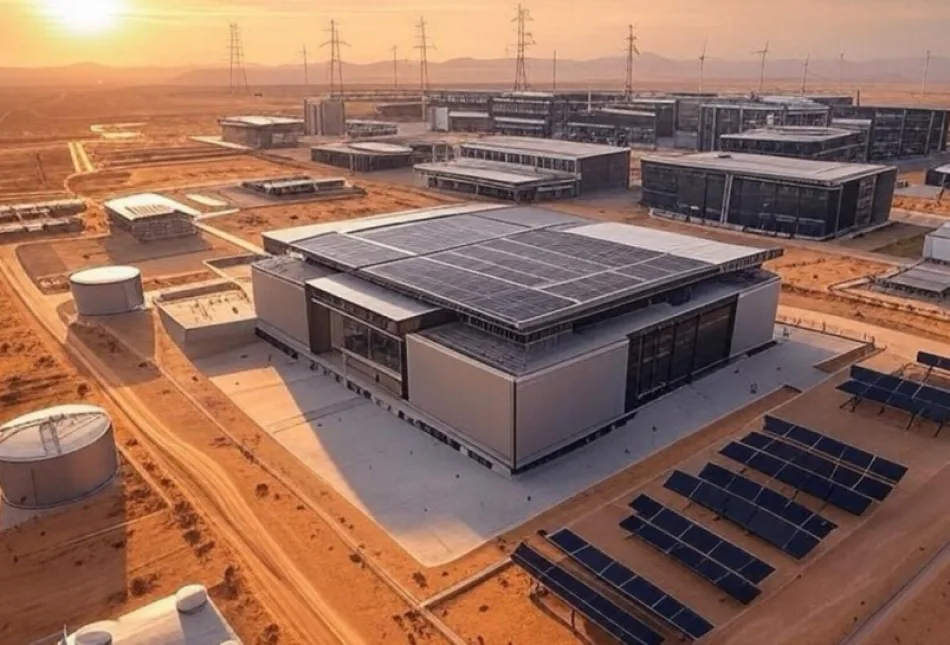Electricity, the Energy Transition, and New Mexico’s “Project Jupiter”

Gov. Lujan Grisham and a variety (but by no means all) Southern New Mexico politicians recently brough in Project Jupiter, a major data center that has the potential to transform the Las Cruces area’s economy. Water is a concern (although produced water could fill the need nicely). We don’t see water issues as a REAL problem. More fundamental is the issue of electricity.
As this article notes, the facility is going to use a massive amount of electricity, one gigawatt to be exact. By comparison, El Paso Electric owns about 2.8 gigawatts of generation capacity across its entire system, according to the utility’s corporate sustainability report. You can see a map of their service area below.
What is interesting is that MLG not only approved, but actively supported a facility that is going to require construction of a dedicated natural gas power plant to fuel the facility. According to the article, “Project Jupiter will pay to construct its own natural gas-fired turbine. Still, one gigawatt of capacity could take years to develop. For reference, El Paso Electric spent four years developing the Newman 6 natural gas power plant, which has a capacity of 228 megawatts (less than a fourth of Project Jupiter’s capacity) and cost $217 million to build.”
The idea is for the facility to somehow build enough wind and solar with battery storage. We don’t believe that wind and solar will be able to fulfill this kind of electricity demand in the future and that MLG is taking the economic development “win” and pushing the future challenges of so-called “renewables” off to the future.
As the article notes, “For now, however, energy generated within a privately owned micro-grid “shall not be considered retail sales” until 2035, according to the text of House Bill 93 (passed into law in 2025). That means Project Jupiter can rely largely on fossil fuels for electricity generation for years to come, unlike the main electricity providers in the state.”
To be clear, RGF does NOT oppose Project Jupiter. We’re not fans of the massive subsidies being given, but we think water can be made a non-issue. The electricity challenge is more serious, but clean natural gas is a worthwhile source for the facility. We simply note that the Gov. is clearly favoring a preferred economic development project over citizens of the state in what amounts to a newly-created “loophole” in the Energy Transition Act which MLG championed in 2019.
After all, if wind and solar with battery are so great and the facility will be using those sources of electricity within a decade, why shouldn’t Project Jupiter be forced to build out those sources RIGHT NOW? Simply put, for all the cheerleading and misleading claims made about “renewables,” they really aren’t cheaper or better than traditional sources like natural gas.
